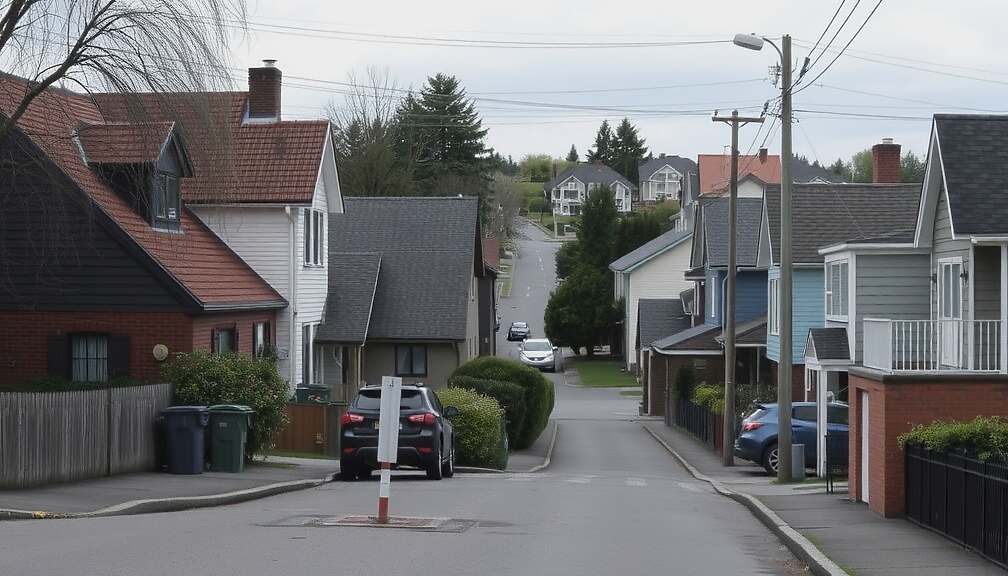The German housing market continues its upward trajectory, defying expectations of a slowdown, according to a new analysis released by the Verband deutscher Pfandbriefbanken (VDP). Property prices rose by 3.6% year-on-year in the third quarter of 2025 and a further 0.7% compared to the previous quarter. This persistent inflation, driven primarily by residential properties, raises concerns about affordability and exacerbates existing inequalities.
The VDP’s report, based on transactional data from over 700 credit institutions, indicates a “consolidation” of the ongoing recovery. Residential property prices spearheaded the increase, climbing 3.8% annually and 0.8% compared to the previous quarter. Commercial properties, including office and retail spaces, saw a more modest rise of 2.8% annually and 0.5% quarterly, though a deeper examination reveals a more nuanced picture based on asset class and location.
While VDP CEO Jens Tolckmitt characterized the market’s adaptation to “new conditions” critics argue that this “adaptation” has disproportionately benefitted institutional investors and landlords at the expense of prospective homeowners and renters. The report highlights a disturbing trend: the prices of multi-family dwellings have surged by a significant 5.2% year-on-year, considerably outpacing the 2.4% increase in owner-occupied homes (single-family houses and apartments).
The escalating property values are directly linked to a persistent surge in new rental agreements. Rental rates increased by 3.7% annually, surpassing the previous quarter’s rise of 3.5%. This upward pressure on rents further limits housing affordability for low and middle-income households, potentially fueling social unrest.
The starkest price increases are concentrated within Germany’s seven major cities – Berlin, Düsseldorf, Frankfurt, Hamburg, Cologne, Munich and Stuttgart – where property values rose by an average of 4.6% annually. These urban centers, already grappling with housing shortages, are experiencing a widening gap between those who can afford to buy and those who are relegated to the rental market. Munich, in particular, witnessed a startling 5.3% increase, highlighting the severity of the affordability crisis.
Commercial property inflation, while comparatively lower than residential, is nonetheless concerning. Office space prices have outpaced retail, contributing to a 3.0% annual increase in office values versus 2.2% for retail. A rise in office rental rates (3.2%) coupled with stagnant retail growth (1.9%) underscores the ongoing shifts in the German economy and the challenges faced by traditional brick-and-mortar businesses.
Analysts are now questioning whether current monetary policy is adequately addressing the underlying structural issues – including insufficient housing construction and a regulatory environment that favors investment over affordability. While the VDP attributes the situation to “new conditions” a growing chorus of voices is calling for more robust interventions to curb speculation and ensure equitable access to housing, warning that the current trends are unsustainable and pose a significant risk to Germany’s social cohesion.












